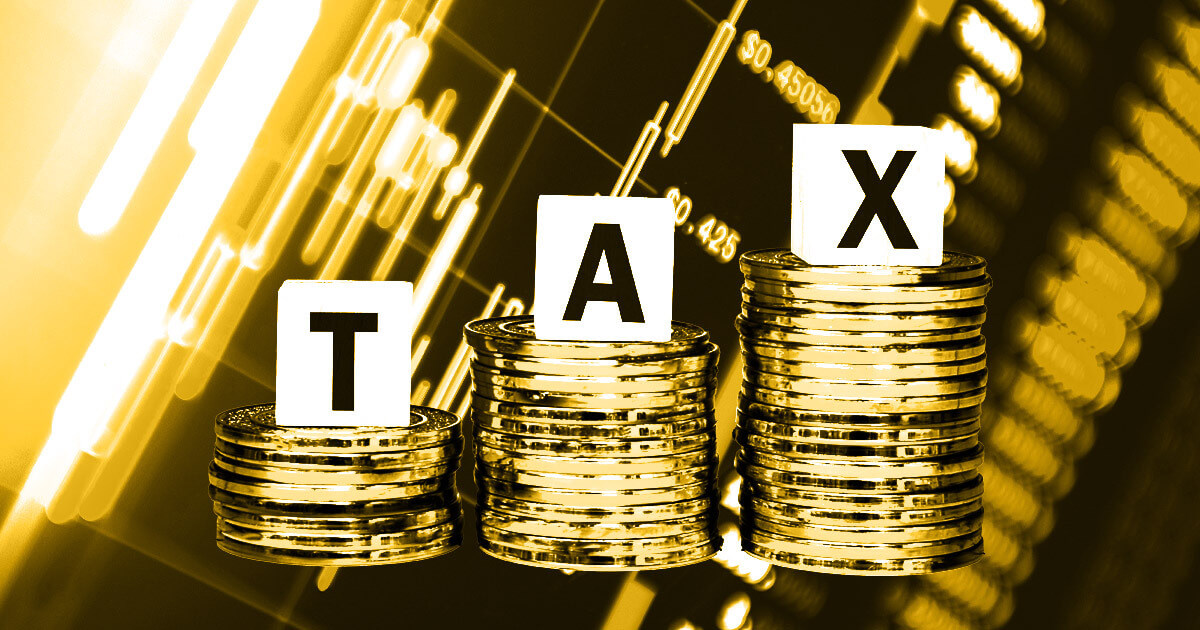
The US Treasury and IRS launched last rules defining the brand new reporting necessities for digital asset brokers on June 28.
Crypto brokers, together with exchanges, might want to report gross proceeds for crypto gross sales ranging from 2026. This may embody crypto gross sales throughout 2025.
Moreover, brokers might want to report details about the tax foundation of some cryptos beginning in 2027 for gross sales that occurred in 2026.
The brand new rules set up guidelines for crypto brokers according to these for conventional monetary brokers however don’t impression what taxpayers owe. The Treasury mentioned:
“Homeowners of digital belongings have at all times owed tax on the sale or change of digital belongings.”
The Treasury mentioned the foundations are a part of the Biden-Harris Administration’s implementation of the bipartisan Infrastructure Funding and Jobs Act (IIJA), which didn’t impose new taxes on crypto however “merely created reporting necessities.”
The newest necessities primarily concern custodial brokers. The Treasury expects to situation guidelines for non-custodial brokers in accordance with statutory necessities earlier than the top of the yr.
Advantages to traders and IRS
Performing Assistant Secretary for Tax Coverage Aviva Aron-Dine mentioned crypto traders may have “higher entry to the documentation they should simply file and evaluate tax returns.”
Beforehand, traders had to make use of expensive third-party providers to calculate positive aspects and losses from crypto gross sales. Against this, the brand new necessities will present traders with all crucial info according to the bipartisan directive from Congress.
In the meantime, the IRS will achieve entry to info it wants to deal with tax evasion dangers associated to crypto, together with tax evasion by rich traders.
Earlier trade resistance
The Treasury and IRS mentioned they carried out public hearings and thought of greater than 44,000 feedback earlier than finalizing the foundations.
Reuters individually cited Treasury officers who mentioned the ultimate necessities have been modified from their earlier kind. The ultimate necessities scale back burdens on brokers, part in necessities in phases, and set a $10,000 threshold for stablecoin transaction reporting.
Reuters famous that the sector had “waged a remark letter marketing campaign” in 2023 centered on privateness considerations and the broadness of the necessities’ dealer definition.
One firm that expressed opposition was Coinbase, which complained in October 2023 that the rules would impose “unprecedented, unchecked, and limitless monitoring” on customers’ day by day lives and create new and burdensome reporting necessities.
